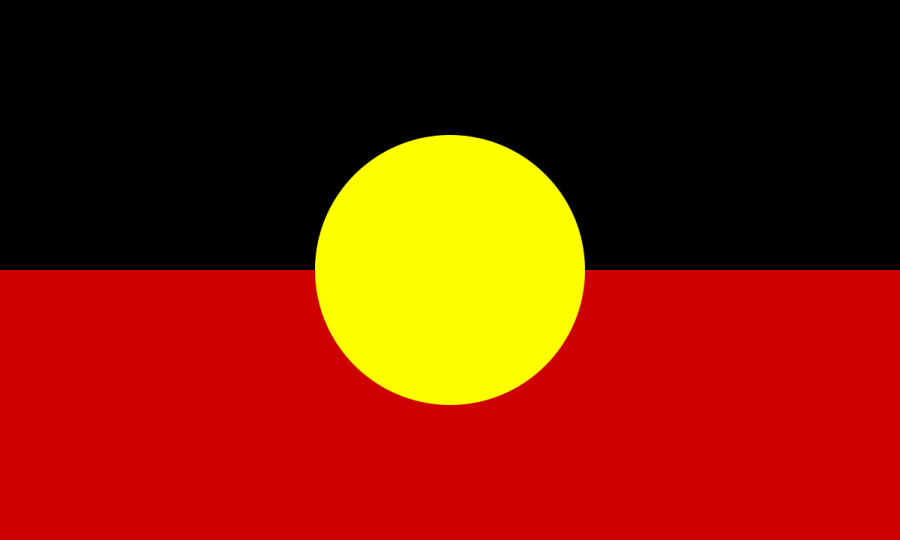In a ground-breaking decision, an Australian federal judge has found in favor of an Aboriginal land claim that would give the Noongar people native title to an area of 2,300 square miles, including offshore islands and the city of Perth, which has a population of 1.7 million. The ruling, which was handed down on September 19, drew cheers from the 100 Noongar who were present and cries of outrage from the state government. The judge’s decision was based on a finding that the Noongar people had maintained their cultural identity and traditions, despite displacement and dispossession following white settlement in 1892.
The finding by Justice Murray Wilcox is a landmark in several ways. Where most Aboriginal land claim decisions have dealt with groups in remote areas of the country, this one recognized the claims of urban Aborigines. It also contradicts the 2002 Yorta Yorta case, which rejected land claims in settled areas and which has formed the precedent on which subsequent land-claim cases have rested. It is all the more remarkable because many of the cultural traditions that the Noongar have maintained have been carried on in secret, as tradition requires. “In my lifetime I’ve attended ceremonies on the Swan River,” says Noongar member of parliament Carol Martin. “Our ceremonies have survived because we don’t tell anyone. Our customary law is nobody’s business. Our secret places are our secret places. If we told, they would be destroyed.”
Although the size of the territory covered by the judgment is dramatic, for the Noongar the reality of the land affected is somewhat less impressive, as Australian law makes a distinction between native title, indicating traditional Aboriginal occupation and use, and freehold title, the private ownership that applies to most houses and commercial buildings. And in Australian law, private property has primacy over native title. As a result of that hierarchy, only public land like parks and nature reserves is practically affected by the ruling. Even so, the state government would like to see the decision reversed. Western Australia Deputy Premier Eric Ripper said that “the state government does not accept today’s ruling” and will appeal it. Without apparent irony, Ripper said that the Noongar’s native title was invalid because their society had suffered too much disruption over the years to be considered a viable culture, a requirement of the native title legislation. That reaction came as a surprise to some, because the administration of Premier Alan Carpentar has been considered a strong supporter of native title. Less surprising was the response of the federal government, which has not been supportive of native title, and which faces similar claims for parts of Sydney, Brisbane, and Adelaide. Attorney General Paul Ruddock announced on October 5 that the federal government also intends to appeal the justice’s ruling. “The effective settlement of native title claims throughout Australia requires a clear understanding among stakeholders as to what the law allows,” Ruddock said. “This understanding has been disturbed by Justice Wilcox’s recent findings in relation to native title over Perth.”
The federal government demonstrated its perception of the law when Indigenous Affairs minister Mal Brough called for an end to the policy that gives Aboriginal communities the right to exclude outsiders from their lands. Government regulations now require visitors to indigenous land to get a permit from the Aborigines. Apparently hoping to scare the white population into supporting the government’s position, Attorney General Ruddock linked this system and the Perth decision, warning that Aboriginal groups might make beaches and public parks off-limits to whites.
For their part, the Noongar, who number 27,000 people, said they have no such intentions and hoped to use their resources to pursue further land claims, rather than fighting an appeal.
For more information on the Noongar and their claim, go to www.noongar.org.au.

